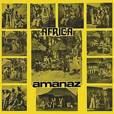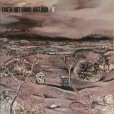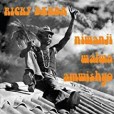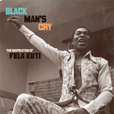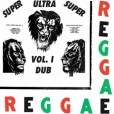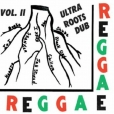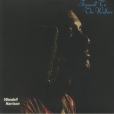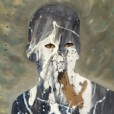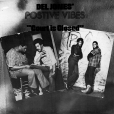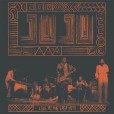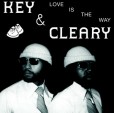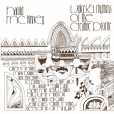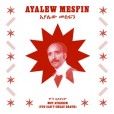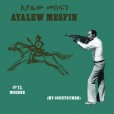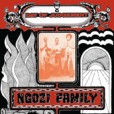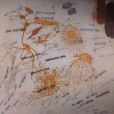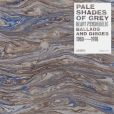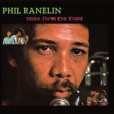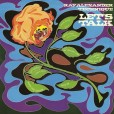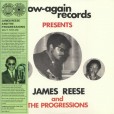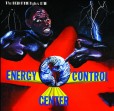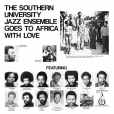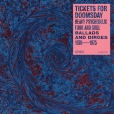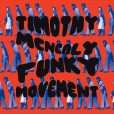Your basket is empty

More Loving On The Flipside
Sweet Funk And Beat-Heavy Ballads 1968-1975
Now Again
The long awaited follow-up to the superb compilation Loving On The Flipside, from ten years ago.
‘Contained within this anthology are some of the greatest soul ballads that go sweet with a beat. Most of these songs have never been compiled. Some have never been issued in any form. Some, like the Ledgends entry here, have been sampled to great success (in that case for Freddie Gibbs and Madlib’s Deeper). Some haven’t been sampled, but, like Herb Johnson’s entry, are patiently awaiting their day.’
Plenty of TKOs — the Colombian opener, for example — beautifully presented.
A moving, mind-boggling testament to Afrobeat, with shout-outs from Ghana, Trinidad, the US and elsewhere.
Operating in mid-seventies Kingston, the Ultra label was owned by Alty East, spar of King Sporty (who co-wrote Buffalo Soldier and would marry Betty Wright). Splitting his time between Miami and Jamaica, Alty licensed Studio One sides for US release; and he brought the American soul singer Jerry Jones to perform in Kingston. Whilst he can’t remember anything about it now — he was so busy at the time — Boris Gardiner ran the house band (though a couple of these rhythms were probably recorded by Lloyd Parks’ Skin Flesh & Bones).
Haphazardly collecting Ultra dubs and instrumentals, and originally released in a tiny run, with handmade, silk-screened covers, Super Dub is a snapshot of the same Kingston-Miami nexus, infectiously blending roots and soul into tough nuggets of dub reggae.
As bassist, Boris Gardiner worked nine-to-five at Studio One in 1968 — that’s him on Feel Like Jumping, and The Heptones’ On Top LP. He was at Treasure Isle for its most celebrated recordings. He worked at Aquarius. Derrick Harriott’s The Loser is his arrangement. He was a mainstay of The Upsetters band in the mid-seventies (War In A Babylon, Super Ape, Police & Thieves, Heart Of The Congos etc).
Soul fans will revel in versions of Gene McDaniels’ A Hundred Pounds Of Clay, Gwen McCrae’s Rocking Chair, Otis Redding’s Nobody’s Fault, Betty Wright’s Tonight’s The Night. And reggae fans will treasure the canonical lineaments running through the mix, channelled through Boris: for example the ghost of The Upsetters in more stripped passages, in the tightness of the rhythm section (with organ), and also Lee Perry’s dubwise way with a vocal; the thorough-going presence of King Tubby — check the killer Freedom Roots, a dub of Tony Scott’s Freedom — and Niney’s way with a horn section, on Rider Roots.
With excellent notes.
Half price.
The first time out for this near-mythical recording by the co-founder of the Tribe label.
Funky, spiritual jazz, with Phil Ranelin, Harold McKinney, Kareem Harris and the crew, in 1975.
Decent booklet, too, with a history of the label, and never-before-seen archival photos and rare ephemera from its mid-1970s heyday.
‘Paul Ngozi’s debut album of rawly intense proto-punk and garage Zamrock, featuring Chrissy Zebby Tembo. From 1976, the same year as Lazy Bones!! by Witch, and Rikki Ililonga’s Zambia, ushering in the golden era of Zamrock and trailering a dozen Paul Ngozi and Ngozi Family releases, bestride funk and punk, driving hard rock and Zambian folk melodies and rhythms.’
‘Phil Ranelin was a session trombonist for the likes of Steve Wonder before setting up the Tribe label with Wendell Harrison in Detroit… The title track is lusciously, greasily funky and stands in pretty stark contrast to the kind of airbrushed fusion that was in vogue at the time. Sounds From The Village is even better (and dirtier), showcasing Ranelin’s oily trombone gymnastics and a viciously fuzzed guitar solo… The obligatory Coltrane tribute He The One We All Knew is the kind of groove-based free-playing typical of Pharoah Sanders, though only really picks up when the band launch into post bop swing mode in the last six minutes or so… Beautiful stuff… Essential.’
Legendary Harlem soul and funk from 1973 — the RAT was the house-band at the Apollo — with bags of lo-fi charm and sublimated Isaac Hayes to its ‘unabashedly sincere songs that perfectly encapsulate the era’s heady milieu of black pride and cultural awareness, and the plaintive emotion of struggling to realise dreams whilst navigating a city and neighbourhood in decline.’
Painstakingly prepared according to the remit of this series; with excellent notes.

